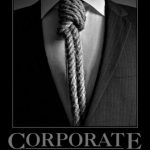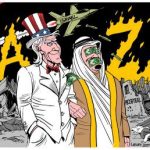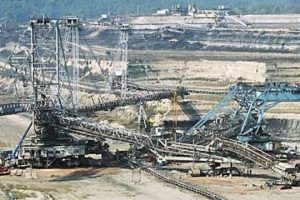In the past, politicians promised to create a better world. They had different ways of achieving this. But their power and authority came from the optimistic visions they offered to their people. Those dreams failed, and people lost faith in political ideologies.
After the end of the Cold War, politicians had come to be seen simply as managers of public life. But now, they have discovered a new role that restores their power and authority over us. Instead of delivering dreams, politicians now promise to protect us from nightmares. They say that they will rescue us from dreadful dangers that we cannot see and do not understand. The new boogeyman, the tell us, is international terrorism–a powerful and sinister network, with sleeper cells in countries across the world–a threat that needs to be fought by a global war on terror.
But much of this threat is a fantasy, which has been deliberately exaggerated and distorted by politicians and a direlect media to their own selfish advantage. It’s a dark illusion that has spread unquestioned throughout the Western world.
This is a series of films about how and why that fantasy was created, and who it benefits. At the heart of the story are two groups: the American neo-conservatives, and the militant Islamists. Both groups are idealists who share a common belief that liberal democracy failed to build a better world. And both groups share a similar explanation for what caused that failure.
These two groups have changed the world, but not in the way that either intended. Western politicians have created today’s nightmare vision of a secret, organized evil that they claim threatens the world–a fantasy they have used to restore their power and authority over an emergency-managed and willfuly-gullible public in a disillusioned age.
In a society that believes in nothing, fear becomes the only agenda. While the 20th century was dominated between a conflict between a free-market Right and a socialist Left, even though both of those outlooks had their limitations and their problems, at least they believed in something, whereas what we are seeing now is a society that believes in nothing. And a society that believes in nothing is particularly frightened by people who believe in anything, and, therefore, we label those people as fundamentalists or fanatics, and they have much greater purchase in terms of the fear that they instill in society than they truly deserve. But that’s a measure of how much we have become isolated and atomised rather than of their inherent strength.
But the fear will not last, and just as the dreams that politicians once promised turned out to be illusions, so, too, will the nightmares, and then our politicians will have to face the fact that they have no visions, either good or bad, to offer us any longer.











Adauga comentariu